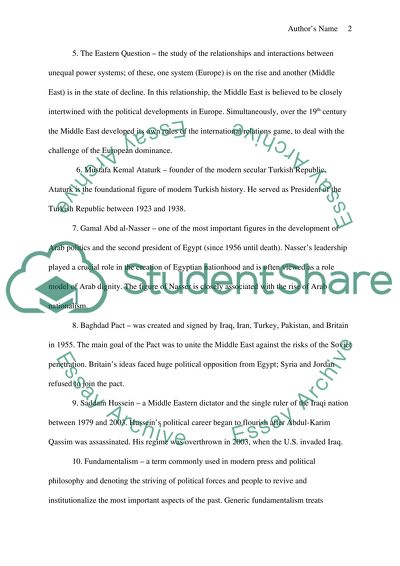Cite this document
(“Contribution to the Discussion of Western Scholarship Essay”, n.d.)
Contribution to the Discussion of Western Scholarship Essay. Retrieved from https://studentshare.org/education/1437596-middle-east-take-home-exam
Contribution to the Discussion of Western Scholarship Essay. Retrieved from https://studentshare.org/education/1437596-middle-east-take-home-exam
(Contribution to the Discussion of Western Scholarship Essay)
Contribution to the Discussion of Western Scholarship Essay. https://studentshare.org/education/1437596-middle-east-take-home-exam.
Contribution to the Discussion of Western Scholarship Essay. https://studentshare.org/education/1437596-middle-east-take-home-exam.
“Contribution to the Discussion of Western Scholarship Essay”, n.d. https://studentshare.org/education/1437596-middle-east-take-home-exam.


